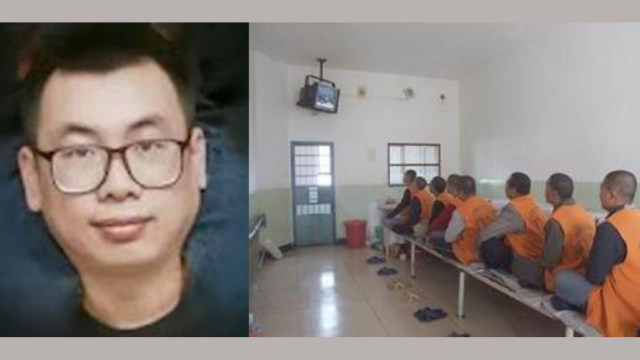Brother Wang Xiangchao was detained again on September 26. Pastor Mingdao remains in jail—allegations of torture continue.

On July 25, 2025, Bitter Winter reported the arrest in June of five Christian leaders affiliated with the Shenyang Youth Fellowship, a house church network active in Liaoning province. The arrests were carried out under Article 300 of the Chinese Criminal Code, which criminalizes “using a xie jiao organization to undermine the enforcement of law.”
The five individuals— Pastor Mingdao, Brother Wang Xiangchao, Brother Shao, Sister Liu, and Sister Gu—were detained in Shenyang and accused of organizing unauthorized religious gatherings and promoting teachings deemed “cult-like” by authorities.
The Shenyang Youth Fellowship is not listed among the officially banned xie jiao groups. Still, local authorities have increasingly used the xie jiao designation to target independent Christian communities that operate outside the framework of the government-controlled Three-Self Patriotic Movement. The Fellowship reportedly emphasized youth outreach and small-group Bible study, which may have drawn scrutiny for its perceived organizational autonomy and ideological influence.
Four detained leaders were released on July 29, 2025, while Pastor Mingdao remained in jail. On September 26, 2025, Brother Wang Xiangchao was formally rearrested and is currently held at the Kangping County Detention Center. The legal basis for the renewed detention has not been disclosed, and no indictment has been made public.
Relatives report that Wang and his co-defendants have been subjected to torture during their detention. Allegations include prolonged sleep deprivation, beatings, and psychological pressure aimed at extracting confessions. These methods are consistent with patterns documented in other cases involving religious detainees, particularly those accused under Article 300. Torture is prohibited under Chinese law and international human rights conventions to which China is a signatory, but enforcement remains inconsistent, and complaints are rarely investigated.
The case has drawn attention from legal scholars and human rights advocates who note the increasing use of xie jiao-related charges against Christian house churches. The ambiguity surrounding the definition of “xie jiao” in Chinese law allows for broad prosecutorial discretion, often resulting in the suppression of peaceful but politically or ideologically independent religious activities.
The Shenyang Youth Fellowship case also highlights the vulnerability of younger Christians involved in grassroots religious networks. Many members are university students or recent graduates who joined the Fellowship for spiritual support and community. Their participation in Bible study and worship services has become grounds for criminal investigation.
Source: Bitter Winter












